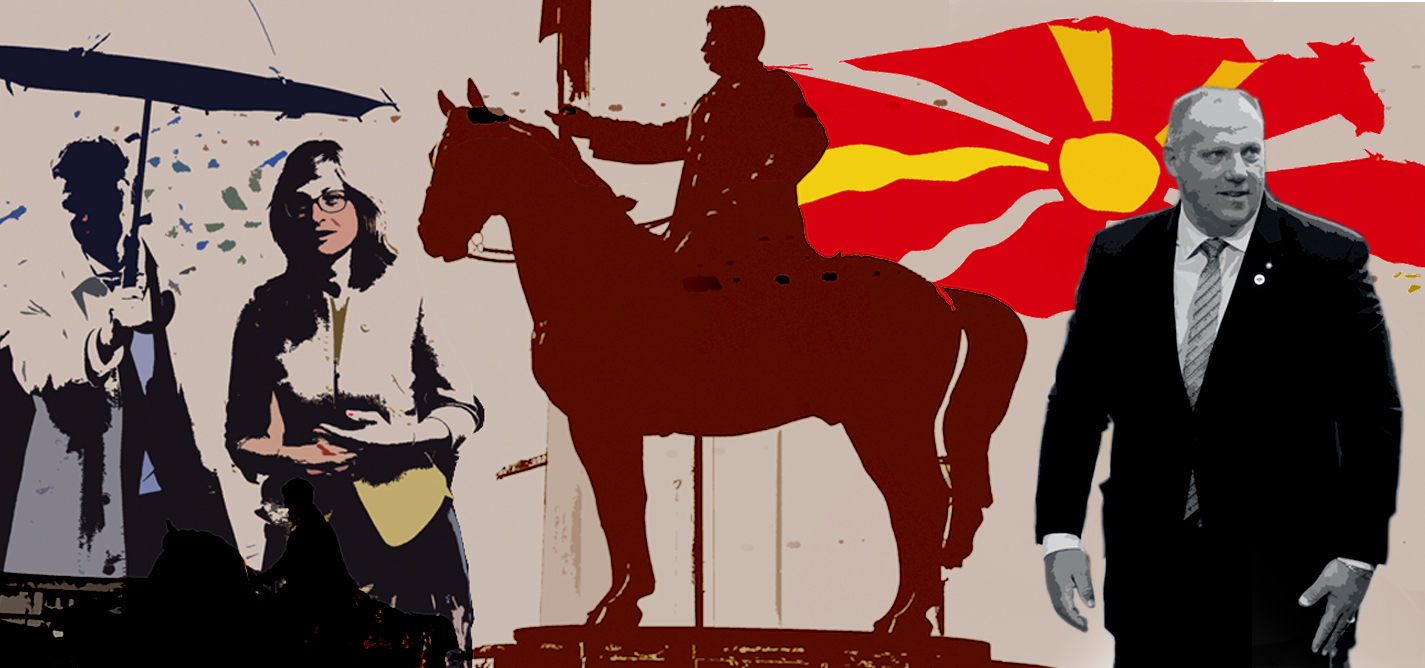
Why is Bulgaria blocking North Macedonia on its path to the EU?
One step forward, a hundred steps back.
In order to reinforce its nationalist position, the Bulgarian government has sent a memorandum to EU members where it dished out its views.
Having become an EU candidate in 2005, North Macedonia has been awaiting the commencement of negotiations since 2009.
There are also some members of the Bulgarian public who do not agree with Sofia's official position.
If we take a deeper look at the relations between the two countries — regardless of the painful history and dirty political games — we will see that their peoples are connected at many different levels.

Sonja Stojadinović
Sonja Stojadinović is a political scientist with both a bachelor’s and master’s degree from the Saints Cyril and Methodius University’s Political Sciences Faculty in Skopje (International Politics Department). She is an activist with the “Solidarnost” leftist movement and a columnist working with a number of North Macedonian, regional, and international websites and blogs. She is currently pursuing another MA at the Karl-Franzens-Universität in Graz, Austria.
DISCLAIMERThe views of the writer do not necessarily reflect the views of Kosovo 2.0.
This story was originally written in Serbian.